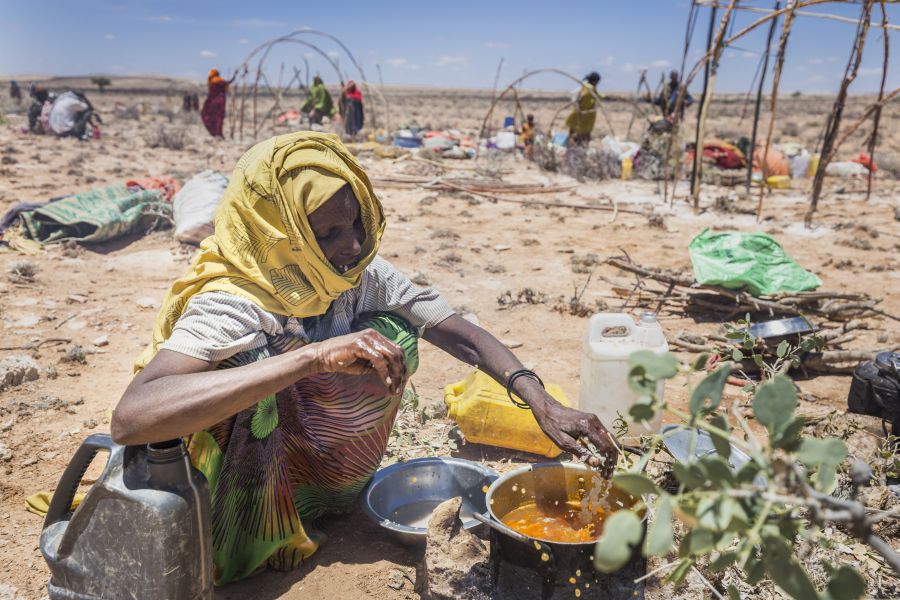We have exactly 5 weeks until COP 28. It’s very important that we African climate activists, who will attend both physically and online, have a clear climate vision and streamlined agenda. Many of us admit that it’s obvious Africa is struggling with extensive losses and damages due to an intensification in global temperatures and very unpredictable climate events. Our people’s lives and livelihoods have been greatly subverted and reduced to nought. About 424 million people living in African drylands are currently exposed to recurrent drought or drought-related shocks. Many of the most vulnerable are unable to adapt to significant loss of crops and livestock, with pastoralists and agro-farmers witnessing the unmediated escalating trail of destruction left in the wake of five consecutive failed rainfalls in the Horn of Africa. The terror of climate change is existent and evocative on the African continent, in spite of the fact that we remain the least responsible for this climate crisis.

Last year at COP 27 many promises were made including the Loss and damage fund which was rightly celebrated. Yet even now, we see very little physical execution of climate action strategies in the African vulnerable communities. Just over a decade ago famine killed a quarter of a million people in Somalia, but despite these various early warnings and alarms over the years, the commitment to climate disaster responses from the global north has proven half-hearted. Whereas most of them profess to be oblivious to our climate troubles, those who claim to be aware, their actions in terms of mitigation and adaptation projects in Africa are disproportionate to their primary commitments. As the droughts are intensifying and compounding the multidimensional impacts of loss and damage, our people are returning to ruinous outcomes on their livelihoods with no dependable resilient mechanisms in place. We African climate activists can no longer afford to wait for emergencies to first develop. The world must act early and pre-emptively to prevent predictable shocks from turning into crises.
Loss and damage financing could also inject some motive force in the transition from crisis management to prevention. The use of early response tools that use diagnostic and predictive approaches to monitor, forecast, and plan for the impact of droughts is critical. This can help communities to better project the probability of droughts occurring and plan for how it might affect their livelihoods. These early actions should be deployed along the entire course of the drought cycle, rather than exclusively at the emergency phase, when it is extremely costly. Action needs to be taken now to mitigate the brutal impacts of climate disaster and prevent suffering in the African continent, but also provide a sustained push to address long term systemic issues.
Funding must also be deployed to improve the use of data in anticipatory action. Poor data remains an impediment to improving the sensitivity and accuracy of early warning systems in Africa, hindering how resources should be allocated. Recent droughts in Somalia and East Africa are a notable example of how this can go wrong. A lack of granular and localized data implies that the issues surrounding the drought were dealt with emotionally, rather than with evidence that could have helped in targeting reduction of adverse impact . We should focus on building trust in data-driven approaches, so that decision-making processes can be confidently used when responding in crisis.
We acknowledge the announcement of the loss and damage fund was a step in the right direction, however there is still considerable work to be undertaken in the structuring and allocation of loss and damage funds to ensure it reaches the places that need it most but might have less influence on the decision table. During COP28, with thoughtful and action-oriented planning, both national and international governments have a unique opportunity to transform how African vulnerable communities are supported through climate calamities. For a safe future on the African continent, it will take everyone to support climate action, not just us climate defenders but with inclusion of our leaders too.
